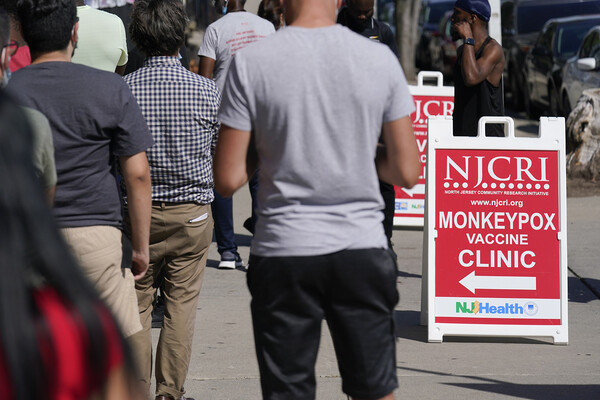
At a monkeypox vaccine clinic in Newark, New Jersey, in mid-August, people line up to receive a dose of the Jynneos vaccine. Monkeypox case counts have jumped significantly since the beginning of summer. (Image: AP Photo/Seth Wenig)

At a monkeypox vaccine clinic in Newark, New Jersey, in mid-August, people line up to receive a dose of the Jynneos vaccine. Monkeypox case counts have jumped significantly since the beginning of summer. (Image: AP Photo/Seth Wenig)
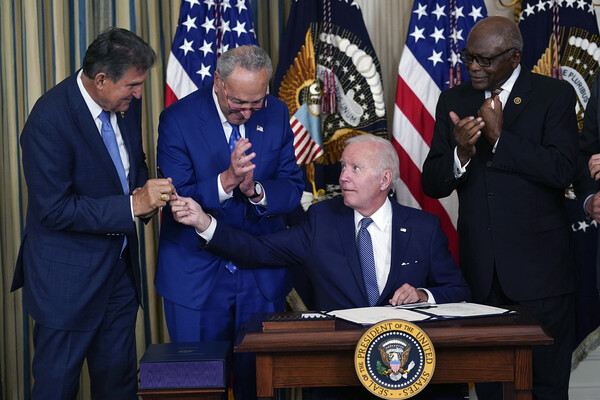
President Joe Biden hands the pen he used to sign the Democrats’ landmark climate change and health care bill to Sen. Joe Manchin (D-WV) in the State Dining Room of the White House in Washington, Tuesday, Aug. 16, 2022. (Image: AP Photo/Susan Walsh)

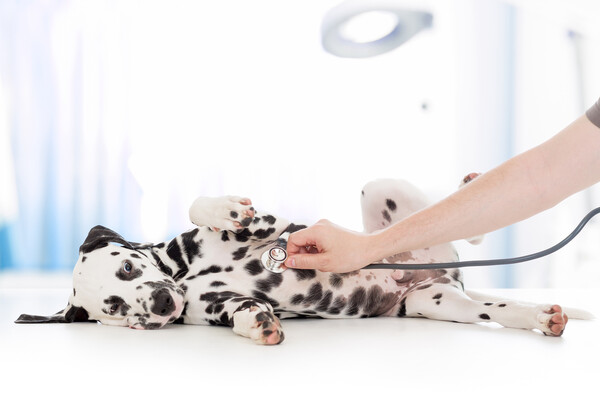
A team from Penn Vet has identified an association between colder weather and climates and diabetes diagnoses in dogs. A parallel link is seen in diagnoses of Type 1 diabetes in people.
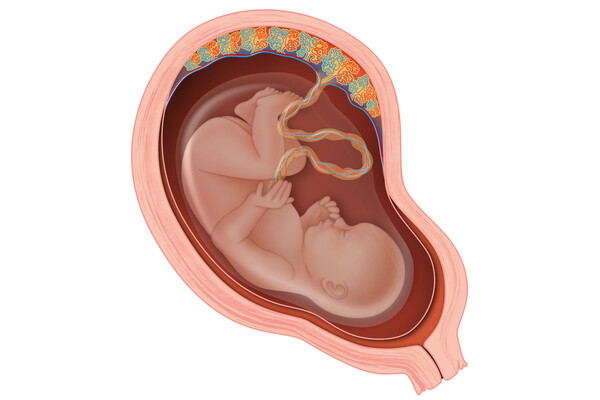
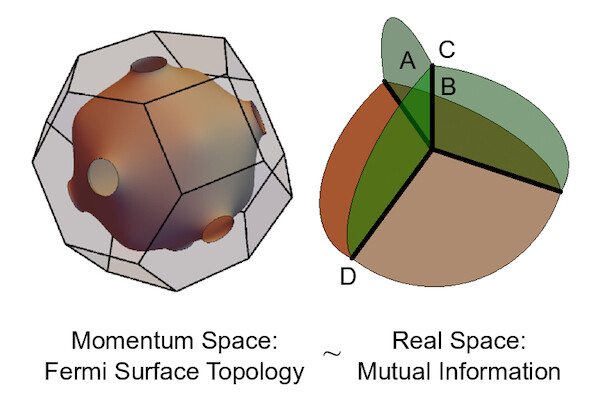
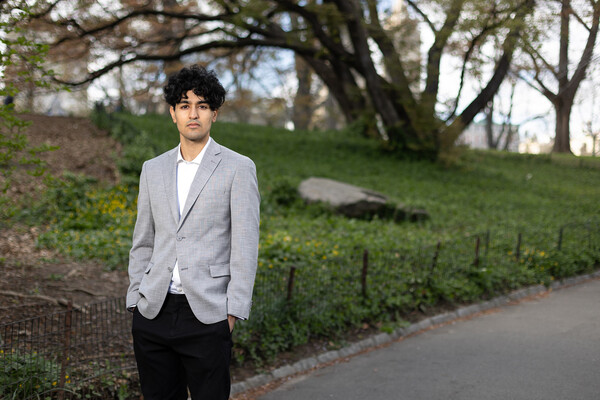
Saif Khawaja, a graduate of Wharton, is one of the winners of the inaugural Penn President’s Sustainability Prizes.
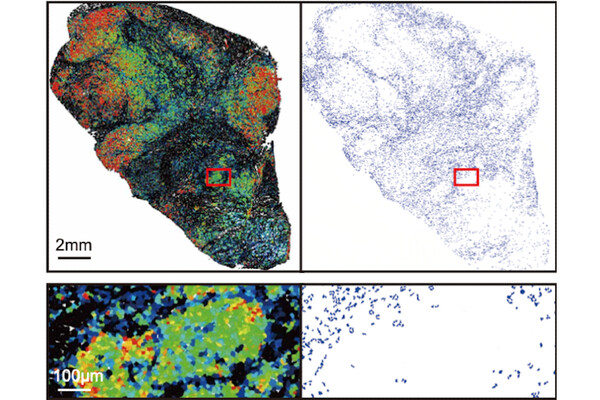
The researchers found that levels of phosphorylated HRS varied across tumors, negatively corresponding with the level of T cell infiltration in those areas. (Image: Guo lab/Nature Communications)
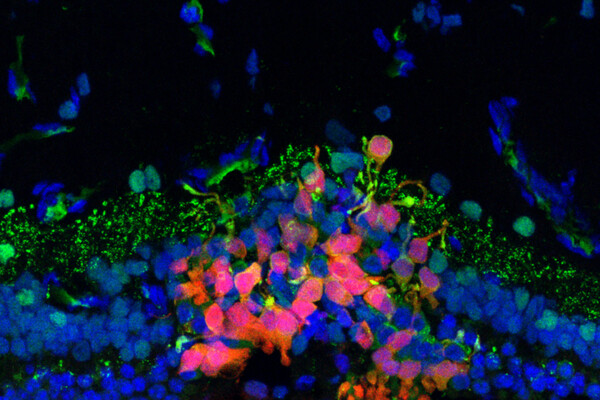
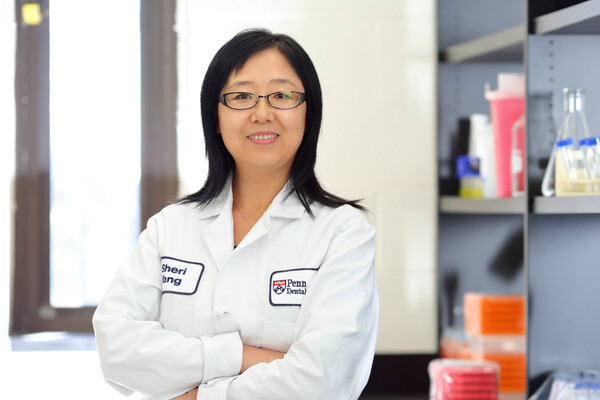
Shuying (Sheri) Yang
nocred